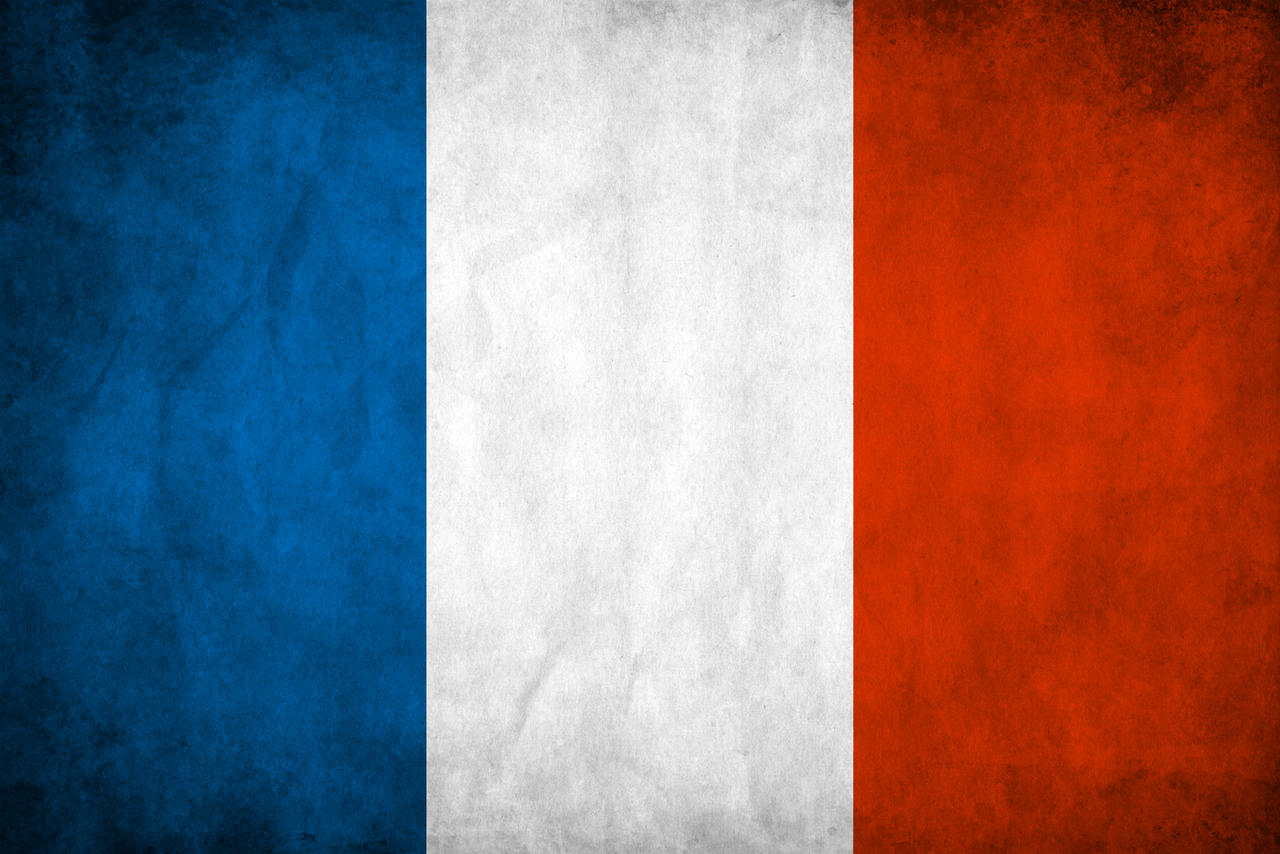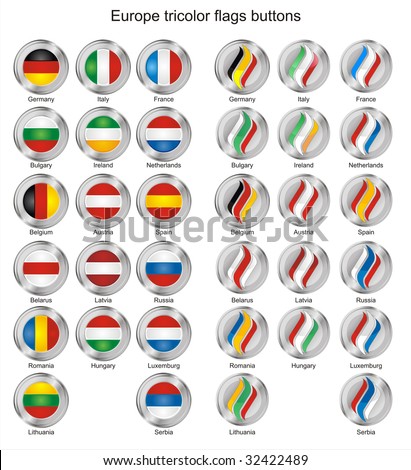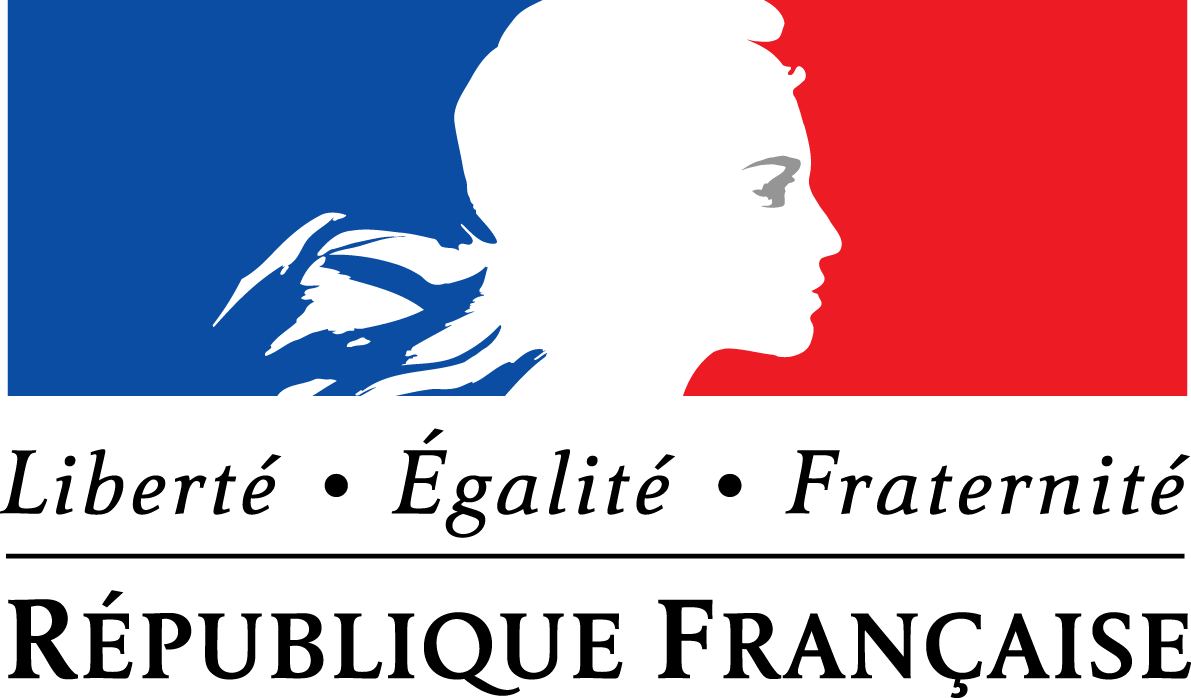<= 62. Western Sahara 64. Canada =>
1. French Tricolour
The French tricolor flag was used in the revolution of 1789 and it has influenced several flags of other countries since then. The French were influenced by the Dutch flag which they just flipped from the Dutch horizontal level to vertical level. Before the French tricolor flag most of the flags were ornamental and decorative containing many details. The tricolour changed that custom and nowadays most of the national flags are very simplistic.
2. French Revolution
The French Revolution is seen as one of the most important events in world history. The revolution started in 1789 and the outcome was that the monarchy was abolished, the church wasn't the highest authority anymore, it was now part of the state. The revolution accelerated the rise of republics and democracies and the institution of many human rights.
Despite the fact that the revolution brought revolutionary reforms, France was in chaos. In 1794 the radical Jacobins rose in power with Maximilian de Robespierre as their leader. This was a time of authoritarian rule which led to the overthrow and execution of Robespierre in 1799. After executing Robespierre Napoleon Bonaparte rose in power and crowned himself the emperor in 1804, so the First Republic didn't last that long. Napoleon then started wars with other European nations and that didn't end well. Napoleon lost in Waterloo in 1815 and monarchy was restored in France as the Bourbons rose in power.
3. Hundred-Years War
The Hundred-Years War was actually a collection of many different conflicts between 1328 and 1453. So it lasted 125 years and the war was between England and France. The war was initiated by a succession crisis after the French ruling family House of Capet fell in the lack of direct male heirs.
In the beginning of the war England had some land possessions in France, but as a result of all the conflicts England lost all of its lands in the continent. One of the turning points in the war was when Jeanne d'Arc, the young French girl motivated the French troops defeat the English in Orleans in 1429.
1. French Tricolour
The French tricolor flag was used in the revolution of 1789 and it has influenced several flags of other countries since then. The French were influenced by the Dutch flag which they just flipped from the Dutch horizontal level to vertical level. Before the French tricolor flag most of the flags were ornamental and decorative containing many details. The tricolour changed that custom and nowadays most of the national flags are very simplistic.
The French Revolution is seen as one of the most important events in world history. The revolution started in 1789 and the outcome was that the monarchy was abolished, the church wasn't the highest authority anymore, it was now part of the state. The revolution accelerated the rise of republics and democracies and the institution of many human rights.
Despite the fact that the revolution brought revolutionary reforms, France was in chaos. In 1794 the radical Jacobins rose in power with Maximilian de Robespierre as their leader. This was a time of authoritarian rule which led to the overthrow and execution of Robespierre in 1799. After executing Robespierre Napoleon Bonaparte rose in power and crowned himself the emperor in 1804, so the First Republic didn't last that long. Napoleon then started wars with other European nations and that didn't end well. Napoleon lost in Waterloo in 1815 and monarchy was restored in France as the Bourbons rose in power.
 |
| French Revolution |
3. Hundred-Years War
The Hundred-Years War was actually a collection of many different conflicts between 1328 and 1453. So it lasted 125 years and the war was between England and France. The war was initiated by a succession crisis after the French ruling family House of Capet fell in the lack of direct male heirs.
In the beginning of the war England had some land possessions in France, but as a result of all the conflicts England lost all of its lands in the continent. One of the turning points in the war was when Jeanne d'Arc, the young French girl motivated the French troops defeat the English in Orleans in 1429.
 |
| Jeanne d'Arc |
4. French Colonies
The colonial history of France is divided into two periods. The first colonial empire lasted from 1534 until 1814. The second colonial empire began with the conquest of Algiers in 1830 and lasted until 1980.
France had its most notable colonies in North America, Indochina and West Africa. France had also land possessions in the Caribbean, Indian Ocean and the Pacific which comprised of small islands. Many of these islands are still French territories.
After the Second World War the French colonial system started falling apart. There were uprisings and conflicts in many colonies like Algeria and Indochina for example. After the Fourth French Republic fell in 1958, France started disassembling peacefully their colonial system. In 1980 Vanuatu was the last French colony to gain independence.
5. Five French Republics
First Republic 1792-1804
Started in 1792 when monarchy was abolished in the French Revolution, ended when Napoleon overtook the power and crowned himself as the emperor in 1804.
Second Republic 1848-1852
Monarchy is abolished again and France got its second republic. Napoleon's nephew Louis-Napoleon Bonaparte was elected as the president. In 1852 the history repeated itself when Louis-Napoleon crowned himself as the emperor Napoleon III.
Third Republic 1870-1940
Started when France lost the war in the Franco-Prussian war and when Louis-Napoleon was overthrown. Ended when Nazi Germany defeated France in the World War II in 1940 and established the Vichy France government.
Fourth Republic 1946-1958
Resembled the third republic and the new constitution was adopted after the end of World War II in 1946. This period was an era of economic growth and the establishment of comprehensive social security systems. The fourth republic collapsed after the Algerian crisis in 1958.
Fifth Republic 1958-Present
Emerged after the fall of the fourth republic. The decolonization of Africa started already in the end of the fourth republic but during the first decades of the Fifth Republic, France disassembled their entire colonial system.
Timeline
1200 BC A Celtic tribe called the Gauls inhabit France
600 BC The Greeks establish the colony of Massilia which evolves into Marseille in the future
100 BC The Romans established Provincia Romana at the current Provence area
51 BC Julius Caesar beats the Gauls
486 King Klodovig beats the Romans and makes Paris the capital
768 Charlemagne takes the Frankish throne
800 Charlemagne is crowned as the first Holy Roman Emperor
843 Charlemagne's grandsons divide the kingdom into three parts
1066 Part of the western France moves under England's possession as William the Conqueror rises in power in England
1180 Paris develops into Europe's leading university city and culture center after Philip II from the House of Capet is crowned the king
1328 The House of Capet dies out, which creates a bitter succession dispute between the French and the English, starting the Hundred Years' War
1589 Henry IV of France rises in power being the first Bourbon king
1643 The 5-year old Ludvig XIV "Sun King" starts his 72 years lasting rule 1789 The French revolution starts
1799 Napoleon Bonaparte seizes power
1803 Napoleon crowns himself the Emperor
1815 Napoleon loses in Waterloo and France returns to a monarchy again
1830 The Bourbons are overthrown and Ludvig Philip from the House of Orleans becomes the king
1848 Monarchy ends and France gets its second Republic, Napoleon's nephew Louis-Napoleon Bonaparte is elected the president
1852 Louis-Napoleon crowns himself Emperor Napoleon III
1870 Lost war against Germany, France loses Elsass and a part of Lothringen
1940 The Germans occupy France in WW II and establish the government of Vichy
1945 Charles de Gaulle leads the interim regime after the war but resigns in 1946
1958 The Algerian War led to the fall of the Fourth Republic, Charles de Gaulle becomes the president of the Fifth Republic
600 BC The Greeks establish the colony of Massilia which evolves into Marseille in the future
100 BC The Romans established Provincia Romana at the current Provence area
51 BC Julius Caesar beats the Gauls
486 King Klodovig beats the Romans and makes Paris the capital
768 Charlemagne takes the Frankish throne
800 Charlemagne is crowned as the first Holy Roman Emperor
843 Charlemagne's grandsons divide the kingdom into three parts
1066 Part of the western France moves under England's possession as William the Conqueror rises in power in England
1180 Paris develops into Europe's leading university city and culture center after Philip II from the House of Capet is crowned the king
1328 The House of Capet dies out, which creates a bitter succession dispute between the French and the English, starting the Hundred Years' War
1589 Henry IV of France rises in power being the first Bourbon king
1643 The 5-year old Ludvig XIV "Sun King" starts his 72 years lasting rule 1789 The French revolution starts
1799 Napoleon Bonaparte seizes power
1803 Napoleon crowns himself the Emperor
1815 Napoleon loses in Waterloo and France returns to a monarchy again
1830 The Bourbons are overthrown and Ludvig Philip from the House of Orleans becomes the king
1848 Monarchy ends and France gets its second Republic, Napoleon's nephew Louis-Napoleon Bonaparte is elected the president
1852 Louis-Napoleon crowns himself Emperor Napoleon III
1870 Lost war against Germany, France loses Elsass and a part of Lothringen
1940 The Germans occupy France in WW II and establish the government of Vichy
1945 Charles de Gaulle leads the interim regime after the war but resigns in 1946
1958 The Algerian War led to the fall of the Fourth Republic, Charles de Gaulle becomes the president of the Fifth Republic
1960s France dismantled their colonial system
1981 The new president, socialist Francois Miterrand nationalized banks, raised minimum wages and developed welfare services
1995 Jacques Chirac is elected as president
1995 Jacques Chirac is elected as president
Sources:
https://en.wikipedia.org/wiki/France
https://en.wikipedia.org/wiki/French_Revolution
https://en.wikipedia.org/wiki/Hundred_Years%27_War
https://en.wikipedia.org/wiki/France
https://en.wikipedia.org/wiki/French_Revolution
https://en.wikipedia.org/wiki/Hundred_Years%27_War




No comments:
Post a Comment